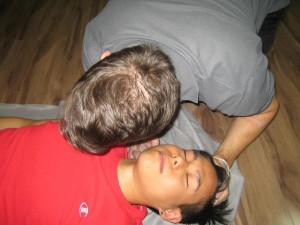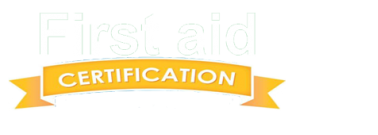Overview
A poison is any substance that causes damage, loss of bodily control, or sickness when it comes into contact with the body. Poisons cover a wide spectrum and can take the form of gases, liquids, and solids. If poisons are ingested they can cause massive damage to any or all tissues they come in contact with, particularly in the digestive tract. If poisons enter the bloodstream they can cause even more damage.

There are a wide variety of household chemicals such as bleach, detergent, and even peroxide that can act as poisons to the human body. A particular danger comes when an individual is taking medication and accidentally ingests a poisonous substance. The combination can cause unimaginable damage to the body. While the severity of the poison varies, it is always recommended that a poisoning victim call poison control or 911.
If you or anyone you know has ingested poison and is exhibiting symptoms it is important to call the nearest poison center or request medical assistance immediately. Such symptoms can include nausea, weakness, intense pain, unusual skin coloring, and even breathing difficulty.
How Poisons Enter the Body
Poisons can be introduced into the body in many various ways. Some of those include:
-Ingestion through either the mouth or the rectum
-Vapor inhalation
-Absorption through the skin
-Insertion into the skin
Symptoms include but are not limited to:
-Severe stomach pains
-Breathing difficulties
-Nausea
-Unconsciousness
-Convulsions
How to Help in Case of Poisoning
1) Be aware of existing hazards that are still present
It is not possible to help another person if the hazards that affected them are still able to affect you. Be aware of the surroundings and make a note of the environment so as to answer any questions that might be asked by paramedics. If possible move the affected individual to a safe area after calling 911.
2) Is the affected individual aware of their condition?
Check to see if the affected individual is conscious and/or aware of their condition. Also check their breathing and confirm whether or not their airways are clear. After this it is necessary to call for paramedics. If the individual is awake keep checking to see if they remain aware. Help with any physical harm if necessary or possible. Making an effort to keep the victim conscious and aware is also helpful.
3) Call the Poison Control Center
If you or someone you know has been poisoned it is recommended to call the Poison Control Center as soon as possible in order to ascertain what is to be done. It is also crucial to administer first aid when needed. In rare cases of inhalation it is necessary to move the affected individual to a clear area in order to keep them from further harm. This is also to insure that you are not affected and can help if needed. Inhalation will require medical aid as well, but most likely will be better administered by a paramedic.
Related Video On Fatal Poisons
